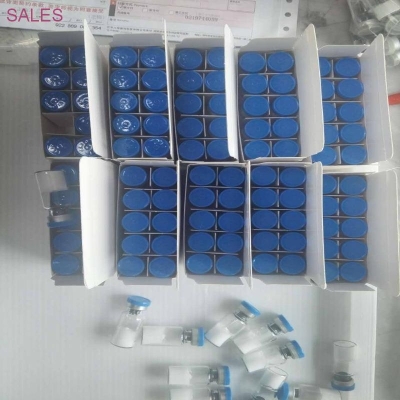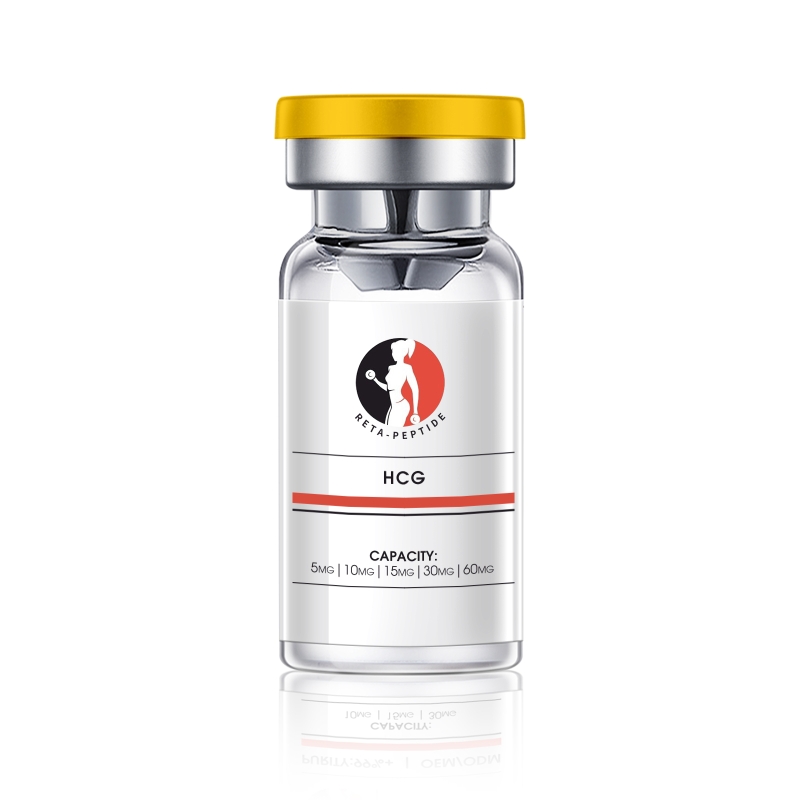-
Categories
-
Pharmaceutical Intermediates
-
Active Pharmaceutical Ingredients
-
Food Additives
- Industrial Coatings
- Agrochemicals
- Dyes and Pigments
- Surfactant
- Flavors and Fragrances
- Chemical Reagents
- Catalyst and Auxiliary
- Natural Products
- Inorganic Chemistry
-
Organic Chemistry
-
Biochemical Engineering
- Analytical Chemistry
-
Cosmetic Ingredient
- Water Treatment Chemical
-
Pharmaceutical Intermediates
Promotion
ECHEMI Mall
Wholesale
Weekly Price
Exhibition
News
-
Trade Service
In the chemical industry, witch hazel extract is an important ingredient in a wide range of products, from skincare products to cosmetics and pharmaceuticals.
It is derived from the leaves and bark of the witch hazel shrub, which is native to North America and has been used for centuries for its medicinal properties.
In this article, we will explore the instruction of witch hazel extract in the chemical industry and its various applications.
Witch hazel extract is extracted from the leaves and bark of the witch hazel shrub through a process known as steam distillation.
This process involves steaming the plant material, which causes the plant's oils and essences to evaporate and become collected in a separate vessel.
The extract is then further processed to remove any impurities and is dried to create a concentrated powder-like substance.
One of the main benefits of witch hazel extract is its antioxidant properties.
Antioxidants are compounds that help to protect cells from damage caused by free radicals, which are unstable molecules that can cause cellular damage and contribute to the aging process.
Witch hazel extract is rich in antioxidants, including polyphenols, flavonoids, and tannins, which help to protect cells and improve the overall health and appearance of the skin.
Witch hazel extract is also known for its anti-inflammatory and astringent properties.
It can help to soothe irritated skin, reduce redness and inflammation, and tighten and firm the skin.
This makes it an ideal ingredient in skincare and cosmetic products, as well as in pharmaceuticals for the treatment of skin conditions such as eczema, psoriasis, and acne.
In addition to its benefits for the skin, witch hazel extract is also believed to have anti-bacterial and anti-viral properties.
It can help to prevent the growth of harmful bacteria and viruses, making it an effective ingredient in personal care products, including soaps and lotions, as well as in disinfectants and other cleaning products.
One of the most common uses for witch hazel extract in the chemical industry is in the production of skincare and cosmetic products.
It is often used in creams, lotions, gels, and other topical products to help soothe and moisturize the skin, as well as to reduce the appearance of fine lines and wrinkles.
Witch hazel extract is also used in facial cleansers, toners, and other products to help balance the skin's pH and remove impurities.
Another common use for witch hazel extract is in the pharmaceutical industry, where it is used to treat a range of skin conditions, such as eczema, psoriasis, and acne.
It is often prescribed as a topical treatment for these conditions, as it can help to reduce redness, inflammation, and itching, and improve the overall health and appearance of the skin.
Witch hazel extract is also used in the production of natural remedies and supplements, as it is believed to have a range of health benefits.
It is often used as an ingredient in teas and tinctures, as well as in capsules and tablets, to help boost the immune system and reduce inflammation.
In recent years, witch hazel extract has become increasingly popular in the beauty and personal care industry, as consumers seek out more natural and organic products.
As a result, witch hazel extract is now commonly found in a wide range of personal care products, from skincare and cosmetics to soaps and lotions.
In conclusion, witch hazel extract is an important ingredient in the chemical industry, with a wide range of applications in skincare, cosmetics, pharmaceuticals, and other personal care products.
Its antioxidant, anti-inflammatory, and anti-bacterial properties make it an ideal ingredient for improving the health and appearance of the skin, as well as for the treatment of a range of skin conditions.
As consumers continue to seek out more natural and organic products, it is likely that witch hazel extract will continue to play an important role in the chemical industry.







